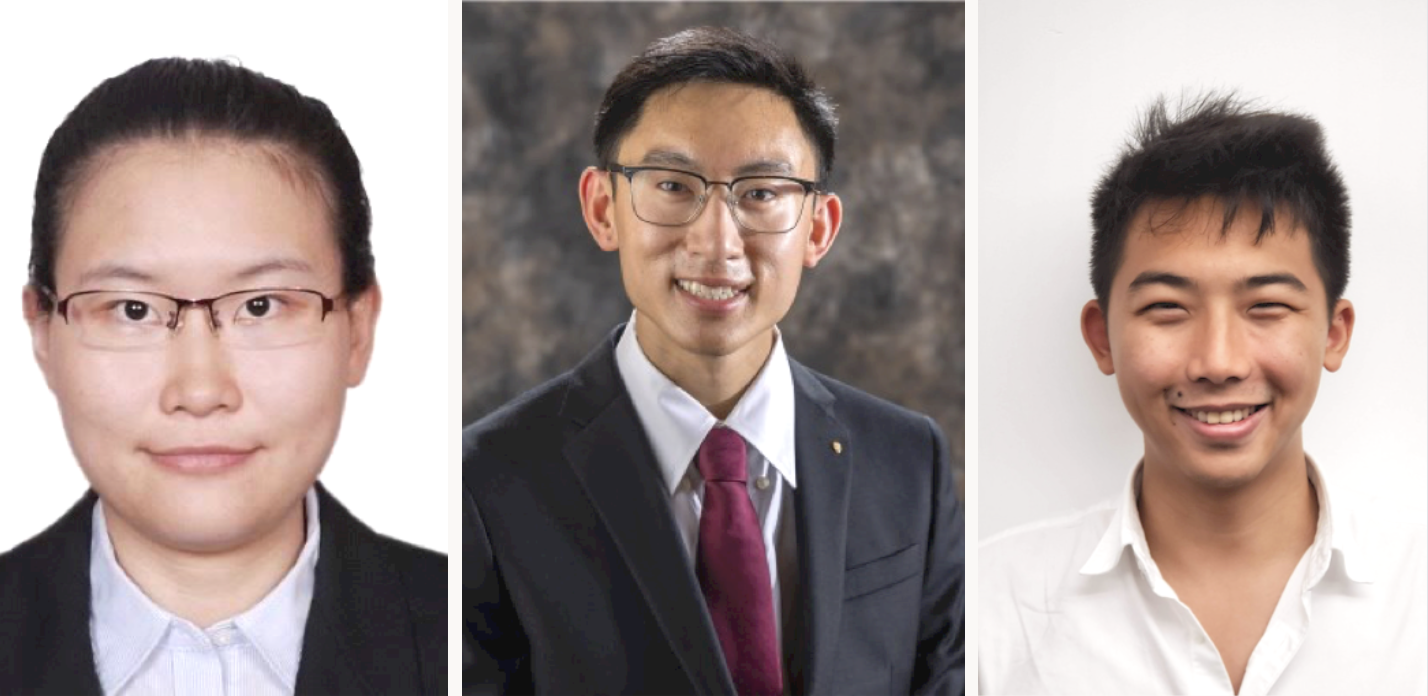The Oden Institute for Computational Engineering and Sciences at The University of Texas at Austin is known not only for its cutting-edge research but also for its commitment to nurturing the future leaders of computational science and engineering. The heart of this commitment lies in the Computational Science and Engineering (CSE) Certificate Program, which offers undergraduate students a unique opportunity to delve into the world of computational science, from mathematics to numerical simulations, and gain invaluable research experience.
The CSE Certificate Program is an opportunity for students who wish to explore the intricate interplay between computational science and engineering. This program is designed to be an enriching supplement to their primary fields of study, allowing them to apply computational methods to real-world problems and gain a deeper understanding of the applications of mathematics, simulation, and visualization.
To earn this certificate, students must complete a minimum of eighteen credit hours of approved coursework, with at least twelve of those being upper-division courses. Furthermore, they must maintain a commendable GPA of 3.00 or greater in their certificate courses.
Three alumni of this program who are now Computational Science, Engineering, and Mathematics (CSEM) graduate students at the Oden Institute share their stories and insights:
As a graduate student in the Electromagnetic and Acoustics Group, Jonathan Zhang's path to the CSE Certificate Program was an unexpected but transformative one. Originally an aerospace engineering student at UT Austin, he stumbled upon the world of computational science and engineering through conversations with Dr. Greg Rodin. "I had not thought much about computing," Jonathan admits, "in fact, I had very little idea what computational science even was."
However, his journey took a significant turn when he started working with Dr. Rodin and his student on matching experimental results with computational results in solid mechanics. This experience forced Jonathan to go back to basics and learn how to utilize computers effectively. As a result, he found himself passionately applying to the CSE Certificate Program.
Jonathan highlights the program's relevance to engineering fields, emphasizing the importance of computational skills. "The reality is that engineers and scientists today rely heavily on computing, and it would behoove any prospective student to be well-experienced in it," he says. His story demonstrates how the CSE Certificate can complement any engineering program and empower students to tackle real-world challenges.
Wesley Lao's journey is a testament to how the CSE Certificate Program can kindle a passion for computational science. Now a graduate student in the Probabilistic and High Order Inference, Computation, Estimation, and Simulation Group, Wesley initially pursued aerospace engineering at UT Austin while also being an active member of the Longhorn Band and the UAV team.
The program's final project played a crucial role in shaping Wesley's career trajectory. It gave him the chance to experience independent research in computational science, paving the way for his decision to pursue a PhD in the Oden Institute's CSEM program. His experience underlines the value of the certificate for non-computational majors, providing them with the tools to transition into more computational roles in their careers.
